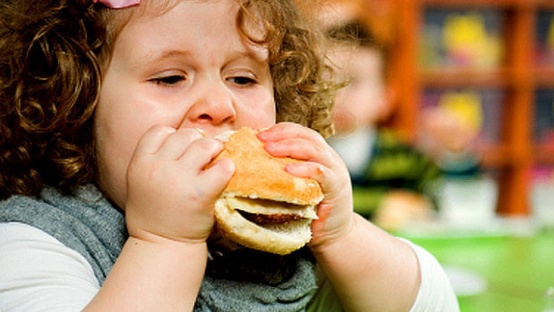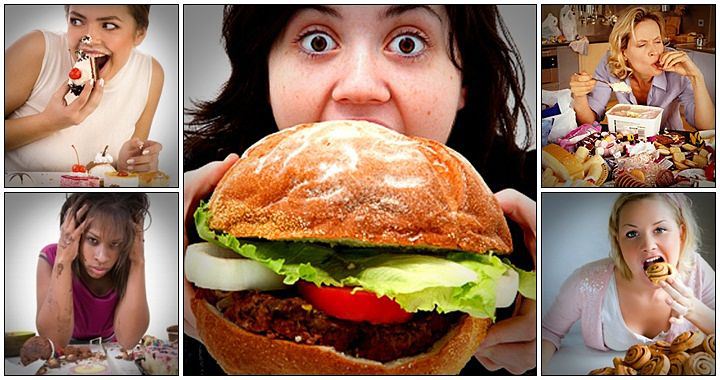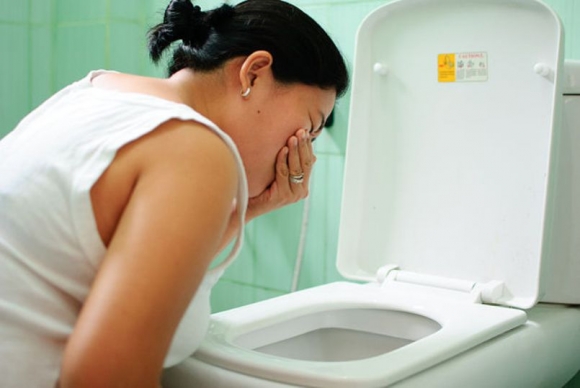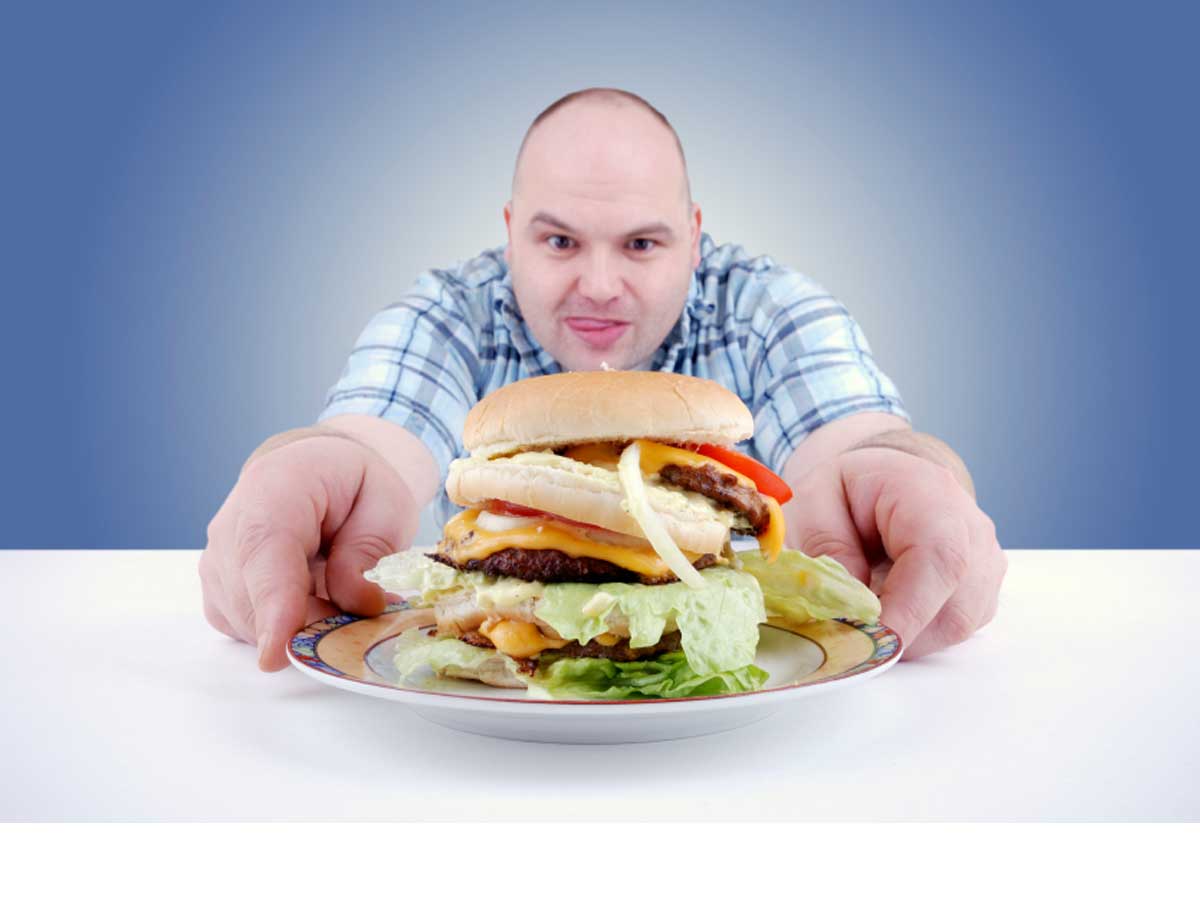Food is necessary for everyone, as it’s a way to survive. However, some people have turned food into a way to die. They feel vulnerable to food, their behavior towards food is governed by the ability and the desire, not hunger.

Many of food addicts had lost control over the amount of food they should have, so it must be addressed as an addiction to food, which is a severe condition. It has negative impacts on health such as obesity, diabetes and cardiovascular disease, and others.

Types of eating disorders
There are different types of eating disorders due to the origin of a person’s relationship with food such as Anorexia, bulimia, Binge Eating Disorder and eating without being able to control their appetite.

Compulsive Overeating disorder is a condition that usually leads to obesity and its complications. And people who have this disease cannot control their appetite; they eat all kinds of food as long as they want through the whole day and in large quantities. The patients can’t stop thinking about food all the time. This bulimia leads to another disorder, which is Binge Eating Disorder, abbreviated as the BED and also known in metaphor as “food addiction” as its patients feel deep hunger. They devour vast amounts of food very fast in a quite short time; what an average human eats in a quarter of an hour, gets devoured by the excessive patient in less than three minutes. The patient does not feel that he dealt with all of this amount except after it is too late when his/her stomach hurts too much from the large stuffed amount of food. The difference between excessive and bulimia patient is that the one who has bulimia can force himself to get rid of the food, by either vomiting, taking laxatives or diuretics to force it to come out from the body.

How to face food addiction?
The goal of addiction treatment to food is to eliminate or prevent serious health consequences. When you try to change something that you are used to, it is not so easy. This will require a combination of discipline, healthy eating habits, and exercise. In many ways, when we try to treat food addiction resembles addiction treatment to drugs and alcohol. Addressing this type of addiction gets decided after a proper diagnosis of a team of specialists in accordance with programs you need to follow-up and continuous evaluation as treatment programs focus on the behavioral side. Here are some tips that will help you to get rid of food addiction:
– Visit the doctor at the beginning.
– Get an advice from a doctor and a dietitian to develop an appropriate diet for your health.
– Replace your food type by eating foods rich with protein to make you feel full after a short time instead of chocolate and sugar which make you want to eat more.
– Replace food with high calories with a low-calorie food such as skim milk instead of full-fat ice cream or a bag of potato grilled chips instead of fried potatoes. Grilled meat instead of fried, drink fresh juice instead of juice full of sugar.
– Make time for every meal.
– Eat 3-4 small meals focused on food rich with fiber because it gives a sense of fullness quickly, and don’t forget to drink water a lot because it helps to set the balance of the hunger feeling.
– Reduce the size of your plate and food portions.
– Use small dishes to eat instead of platters.
– Exercise to have good health and distract your mind from thinking about food.


